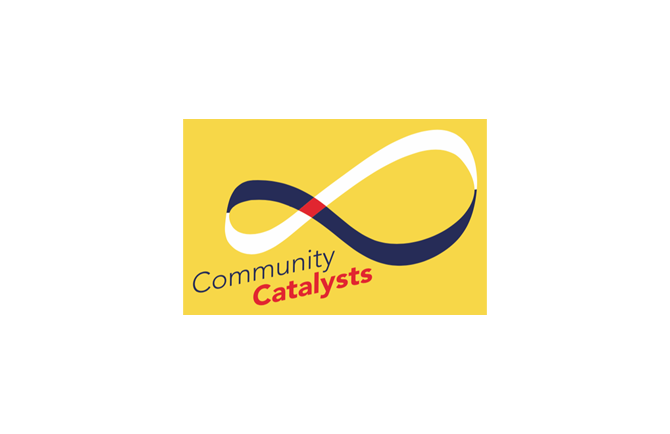CCTE: Community Catalysts for Transformative Economies (2020-2022)
CCTE: Community Catalysts for Transformative Economies (2020-2022)
Transformative Economies is an emerging umbrella term for all “proposals for socio-economic transformation that involve new ways of thinking and engaging in the economy. Based on a critical approach aimed at building a socio-economic system it places people, their communities and their environment at the centre” (World Social Forum for Transformative Economies, 2020). Transformative Economies “create new economic relations between different life-forms and materials” and they “act to change resourcing and how resources are understood (care) or apportioned (justice)” (Ann Light, 2021).
Accordingly, Transformative Economies question the linear model of resource extraction to waste disposal and foster regenerative approaches instead concerned with the integrity and health of entire communities and ecosystems. Transformative Economies also cultivate a keen awareness of power relations, dignity and well-being. Hence they value reproductive care work, advance inclusive, participatory approaches, and set out to heal historical injustice and overcome contemporary social and intergenerational inequality.
Several movements contribute relevant frameworks and practices, local initiatives and (inter)national networks to the scope of Transformative Economies. These movements include:
- Social, and Solidarity Economy
- Commons-based Economies
- Feminist Economics
- Agroecology and Food Sovereignty
- Degrowth and Postgrowth
- Community-based Economies (e.g. Community Wealth and Reconomy)
- Regenerative Economy
- Economy for the Common Good
- Wellbeing Economy
- Blue Economy
- Doughnut Economics
The first four of this list have been foregrounded by theWorld Social Forum for Transformative Economies and have most strongly inspired the development of this curriculum.
There are also important trends that are pervading and changing the existing economy, such as:
- Sharing and platform economy
- Circular economy
- Social innovation
- Social entrepreneurship
- Digitalisation (including free and open source software and hardware)
- Resilience and relocalisation of supply chains
- Responsible consumption
- Corporate social responsibility
It depends on how exactly and by whom these trends are shaped and enacted, whether they are reinforcing or even exacerbating the dominant economic operating system or whether they contribute to preparing the ground or amplifying Transformative Economies. Therefore, we promote a critical appraisal of these trends.
For many years, the economy and the environment have been regarded as separate spheres. Success has equated to unending growth and measurements of prosperity have been solely based on GDP. By continuing on this isolated path, we fail to understand the full picture: omitting critical information about the environmental and social dimensions, which the economy not only impacts but also relies upon. Experts are clear that in reframing how we view the economy, we must take into account and prioritise its interdependence with the world around us.
In reality, there would be no economy without natural resources, often referred to by economists as ‘natural capital’. Healthy ecosystems provide us with the vital services and bio-productivity needed for life to thrive. They are intrinsic to all life, and are therefore also the basis of well-being.
This project therefore aims to catalyse the development of local communities towards more equitable, fair and regenerative economic models.
PHASE 1 : Participatory Action-Research
This phase was carried out primarily by the four project partners based in bioregions, regions defined by their distinct geological, morphological and ecological characteristics. The partners interviewed diverse local stakeholders involved in Transformative Economy initiative. A survey circulated amongst stakeholders of Transformative Economies, that then informed interviews based on the results of the survey, mapping the focus of each initiative within the frame of Transformative Economies.
PHASE 2 : Community Catalyst Guidelines, Toolkit and Curriculum
The project researches, contributes to and prototypes emerging transformative economic theory and practice that is bio-regionally manifested while participating in the global conversations on shifting to a regenerative paradigm. In this phase, we created theoretical and methodological guidelines for trainers and practitioners. We then enlarged the Toolkit, adding phases and practices focused on Transformative Economies and transforming the output into an online interactive tool. The Curriculum on Transformative Economies was developed to provide four complementary learning paths, based on the outputs of the project. The ultimate goal of the three main outputs was to generate paths for place-based economic initiatives to develop economic patterns that regenerate the land and the local communities.
PHASE 3 : Platform development and Multiplier Events
All outputs were uploaded into the platform, designed to be an interactive portal for learning and community building. Four webinars were recorded to give orientation on the purpose and the usage of the tools accessible through the platform. All partners organised Multiplier Events in their local contexts to share the results and continue the discussion on Community Catalyst frames and practices with the local communities. An international conference was held in Catalunya, connecting the Community Catalyst projects with the translocal network of Social and Solidarity Economy (FESS rural).

